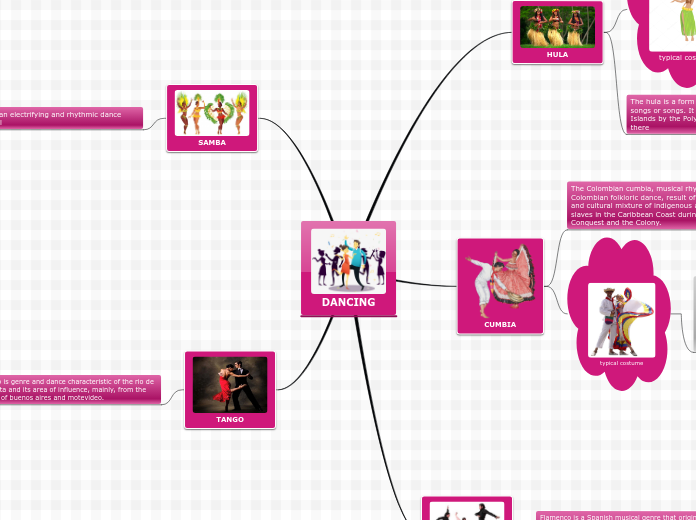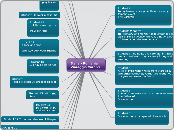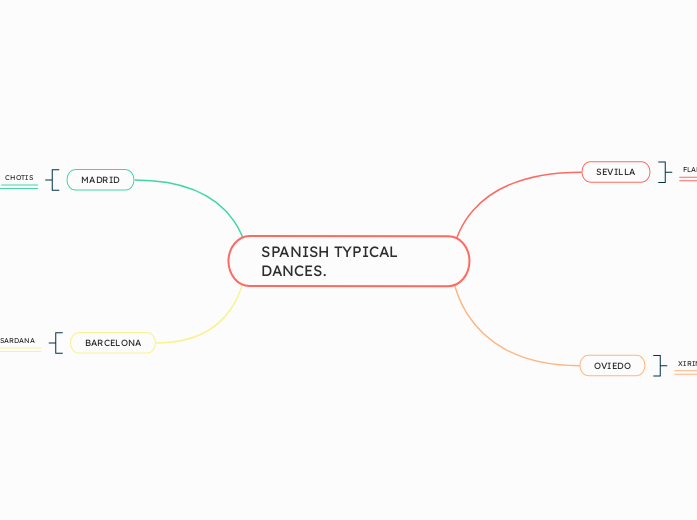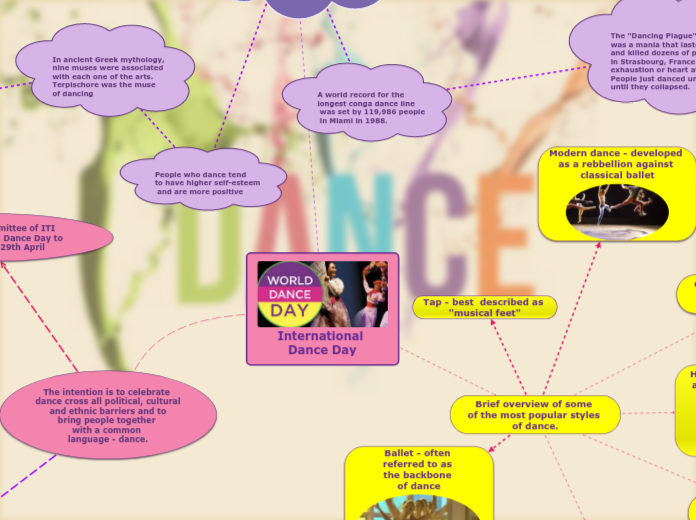by Maria Monica Jimenez 5 years ago
862
DANCING
Originating from diverse cultural backgrounds, several dance forms are notable for their unique rhythms, histories, and traditional attire. Samba, a vibrant and rhythmic dance from Brazil, is widely recognized for its lively movements and colorful costumes.








